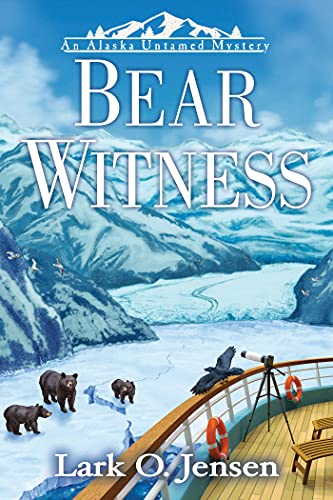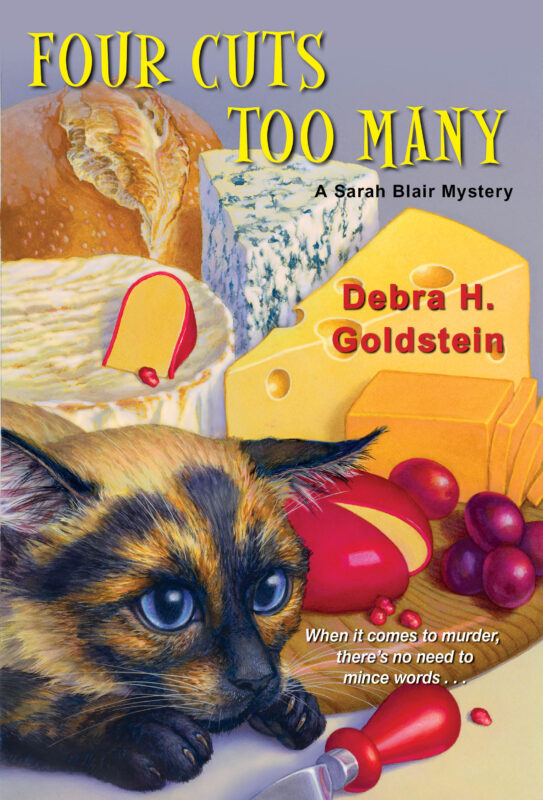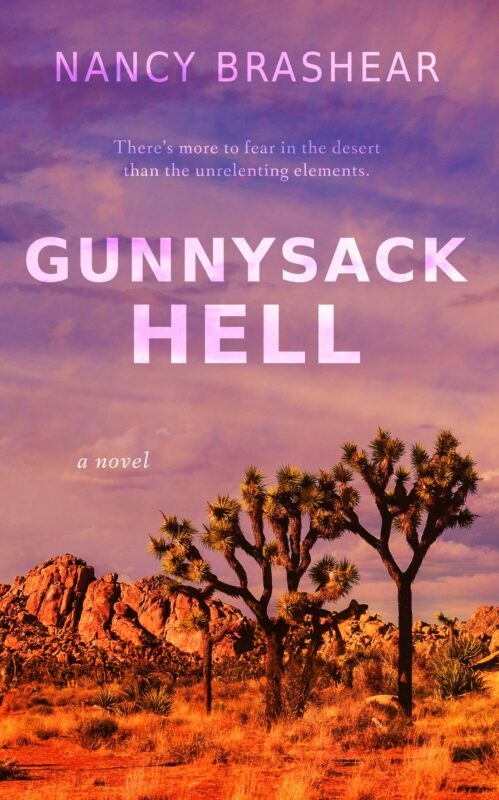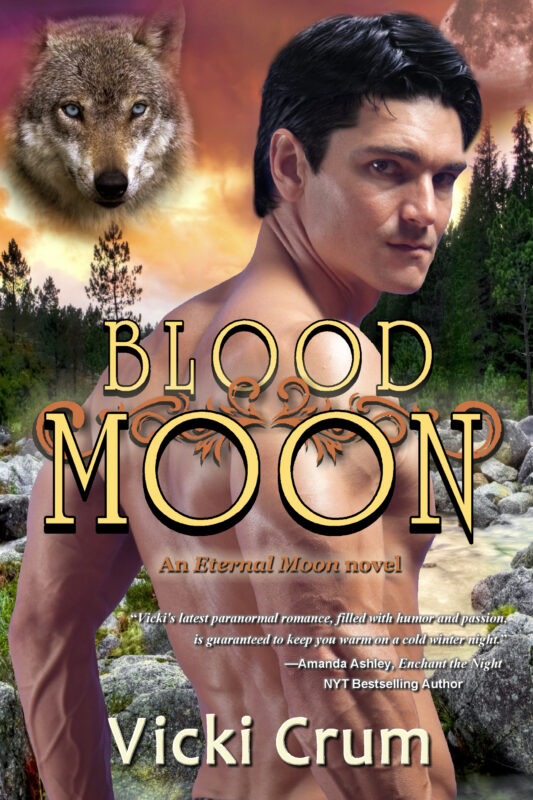New Year . . . New Word by Denise M. Colby
January 12, 2018 by Denise M. Colby in category The Writing Journey by Denise Colby tagged as Motivation, steadfast, writingHappy New Year and Welcome 2018
I love choosing a new word to focus on each year. It’s amazing how one word can communicate so much. My word fits exactly where I am both in my personal and professional life and I love to explore the word in depth, as well as find verses and quotes to encourage me throughout the year.
This year will be my fourth time selecting a word as a theme of focus. Usually, I make a list, pray about it, mull it over and see which ones I’m drawn to continuously. But this year? It came up while I was reading the Story of With by Allen Arnold, and as much as I wanted to keep thinking of other words, it stuck to me like glue. Lodged itself inside my heart and left no room for discussing any other option, no matter how hard I tried.
What is the word?
STEADFAST
Isn’t that a great word?
Just to be sure, I looked up the definition and did a quick search for bible verses and sure enough it encompasses everything I feel going into 2018.
Sure. Dependable. Reliable. Constant. Unwavering. Steady.
See, I don’t want to look back. I want to focus on what’s ahead. In both my writing and my faith in God. It may be slow going at times, but it will be steady. What’s that phrase we’ve all heard before?
Slow and steady wins the race.
I’m not going to rush, hurry, stress myself out over the fact I’ve been working on my novel for over four years. It isn’t ready yet and only continuous steady work is what will make it better. I will do what I can and when it’s time, it will be time. That’s the idea, anyway. I have an entire year to keep reminding myself of this.
To help, I always select a few bible verses with my word in it. Last year’s word, strength, had an amazing amount of verses to give me encouragement throughout the year. Steadfast only has five in my NIV adaptation. And two really stood out to me:
Psalm 57:7 – My heart is steadfast, O God, my heart is steadfast. I will sing and make music (and write words—my addition).
Psalm 112:7 – He will have no fear of bad news; his heart is steadfast, trusting in the Lord.
Encouraging, aren’t they?
I’m super excited for exploring my word further. Just now, I typed in the phrase slow and steady wins the race and a whole bunch of other quotes popped up. I’ll have to go through them at a later time, but one grabbed my attention and I wanted to share:
Slow, steady progress is better than fast, daily excuses.
I think I might print that one out for my entire family to see.
Oh, this year will be fun exploring #myword2018 #steadfast! You’ll see me post things to my social media related to my word, because I like to encourage others and it will help keep me on task. To be steadfast in my writing. Continuously and sure.
For no matter what happens, I’m moving forward. Learning. Growing.
Have you ever considered choosing a word for 2018? I would encourage you to think about it and try it out if you haven’t. And if you have, I would love to hear in the comments what your word is for 2018.
Blessings,
Denise M. Colby

Although new to the writing fiction world, Denise Colby has over 20+ years experience in marketing, creating different forms of content and copy for promotional materials. Taking the lessons learned from creating her own author brand Denise M. Colby, Denise enjoys sharing her combined knowledge with other authors.
If you are interested in a marketing evaluation and would like help in developing a strategy for your author brand you can find out more here http://denisemcolby.com/marketing-for-authors/
How far would you go to get thin? by Jina Bacarr
January 11, 2018 by Jina Bacarr in category Jina’s Book Chat tagged as books, dance., fantasy, gown, prom, teen paranormal, young adultThe holidays just ended and already I’m getting emails from a major department store telling me it’s not too early to prep for prom.
Seriously?
I took a look at the dresses offered and I have to admit, $445.00 is pretty pricey for a dress you may only wear once. Or twice.
If you’re lucky, you get to wear your prom dress to a college dance, but by then it will be so “yesterday.” Not to mention it won’t fit if you fall victim to the Freshman Fifteen.
But what if you’re not going to the prom because . . . well, you hate yourself because you’re not thin. Who’s gonna ask you?
It gets worse.
When your arch enemy, the Duchess, bullies you about your weight, you lose it. Announce to the universe you’re going to
run against her for prom queen and you’ll anything to get thin. Anything. Even sell your soul.
Uh-oh.
Guess who shows up…and is Luke the hottest, sexiest devil you’ve ever seen. He promises you that you’ll get thin if you do what he says…
Find what that is in CRYSTAL GIRL when Kaylee makes a deal with the devil to get thin and win Prom Queen.
Available in Kindle and Kindle UnLimited
With all the talk about how women are viewed in the workplace, let’s not forget appearance is also a key factor. Actresses have been “ordered” to lose weight to get a part. Models, it seems, live on lettuce. And the rest of us, well, we see these gorgeous ladies looking like celery stalks and get on ourselves because we don’t look like that.
Thank goodness people are talking about how much women are paid in the workforce compared to men, and how they have to struggle against unwanted advances from men in power.
But we’re also victims of ourselves. The obsession to be thin. It’s not a new problem. I’m doing research now for a story set in the Victorian era and I came across an “X-ray” drawing of a woman’s ribs from using a corset. Pushed, squeezed into an unnatural, skeleton structure. No wonder women turned green. Literally. It was called chlorosis.
That’s not to say we shouldn’t keep a healthy weight. Healthy is the keyword here.
So if you’ve ever uttered those words, “I’ll do anything to be thin,” check out Crystal Girl and find out the price Kaylee paid before she found her way back.
CRYSTAL GIRL is based on a play I wrote t hat was produced at the Malibu Stage Company Theatre. It was very exciting to see my characters come alive on stage!!
hat was produced at the Malibu Stage Company Theatre. It was very exciting to see my characters come alive on stage!! 
Thanks for listening,
Jina
Food: Adding Flavor to Stories
January 10, 2018 by Tari Jewett in category Charmed Writer by Tari Lynn Jewett, Writing tagged as Charmed Writer, cookbooks, decription, food, rain, research, Tari Lynn Jewett, writingRain has been pouring off and on for two days. My driveway is a small pond, the backyard is more than saturated, all of our plants look perky and happy, and so am I. As long as I know that my guys are all safe, and I don’t have to go anywhere, I love a rainy day. When I was a little girl, cold rainy days meant that my mother probably had a simmering pot of soup on the stove, meatball, chicken noodle or navy bean…meatball was my favorite… and more importantly, there would be warm cookies waiting when I got off the bus from school. My boys could count on much the same when they were growing up.
It’s funny how a rainy day makes me think of my mother’s cookies, or my own little boys walking in the door inhaling deeply hoping for the aroma of their favorite chocolate chip, peanut butter or snickerdoodle cookies.
I just finished a Valentine’s novella, that will be releasing next month, and I’m working on my 1920’s historical women’s fiction novel, and even while I’m writing, food comes up. Some of my characters love to cook, others eat in fine restaurants, others eat absentmindedly at their desks while they work.
As a former food writer, it’s not surprising that I love to write about the dishes my characters enjoy…or not. Some of my favorite research is looking for recipes in antique cookbooks, new cookbooks, online or perusing restaurant menus. Old restaurant menus can give you a real taste of the times, great descriptions and even prices. And antique recipe cards or cookbooks can tell you how differently we cook today. The ingredients, cooking tools, and terminology all can be clues to the era or region of a story.
 Since I love both books and cooking, I have a ridiculous number of cookbooks. I have culled the number after a couple of recent moves, but I look for them whenever I’m in used bookstores, and people often give them to me for gifts. One of my favorites is The One Maid Cookery Book, printed in London in 1913. I found this in an antique store. The minute I saw the title I knew I had to have the book. One maid, I have no maid! Oh, wait, I might be the maid!
Since I love both books and cooking, I have a ridiculous number of cookbooks. I have culled the number after a couple of recent moves, but I look for them whenever I’m in used bookstores, and people often give them to me for gifts. One of my favorites is The One Maid Cookery Book, printed in London in 1913. I found this in an antique store. The minute I saw the title I knew I had to have the book. One maid, I have no maid! Oh, wait, I might be the maid!
Another is The American Woman’s Cook Book edited by Ruth Berolzheimer, and published by Garden City Publishing Company in New York, 1943. This book was left behind in a house my husband and I rented years ago. It’s filled with information on table setting, entertaining, menu planning for every day, holidays, or a limited budget. The pictures are wonderful and set a real flavor for the time.
ago. It’s filled with information on table setting, entertaining, menu planning for every day, holidays, or a limited budget. The pictures are wonderful and set a real flavor for the time.
The rain seems to have slowed outside, and my husband and youngest son will be home soon. I think I’ll go get something warm in the oven. Today I think I’ll go with the chocolate brownies that are loved by Lucy, the main character in my Valentine’s romance #PleaseSayYes.
What are your favorite food memories? Do you use food to set the scene or add to the story when you write? When you read do you skip the food descriptions or do they speak to you? Can you be found sitting in the bathtub reading a cookbook like a novel? Or maybe that’s just me…
Sweet, Funny, and Strange Tales of the Unexplained
January 8, 2018 by marianne h donley in category Apples & Oranges by Marianne H. Donley, Writing Contest tagged as Bethlethlem Writers Group, BWG, Writing contests
Announcing the
2018 Short Story Award
Opening on January 1, 2018
Bethlehem Writers Roundtable is looking for unpublished stories of 2000 words or fewer on the theme of Tales of the Unexplained
Send us your sweet, funny, or strange stories about wizards, clairvoyants, other-worldly creatures, vampires, werewolves, telekenetics, ghosts, goblins, witches, mediums, poltergeists, the supernatural, and other unexplainable experiences.
Contest closes March 31, 2018
For more information: https://sites.google.com/site/bethlehemwritersroundtable/short-story-contest
Winning stories from the Bethlehem Writers Round Table Short Story Award have been featured in the following anthologies:
Affiliate Links
A Slice of Orange is an affiliate with some of the booksellers listed on this website, including Barnes & Nobel, Books A Million, iBooks, Kobo, and Smashwords. This means A Slice of Orange may earn a small advertising fee from sales made through the links used on this website. There are reminders of these affiliate links on the pages for individual books.
Search A Slice of Orange
Find a Column
Archives
Featured Books
BEAR WITNESS
Alaska tour boat guide Stacie Calder faces the deep freeze
More info →FOUR CUTS TOO MANY
Sarah Blair gets an education in slicing and dicing when someone in culinary school serves up a main corpse in Wheaton, Alabama . . .
More info →AIR ATTACK
He doesn’t need a minor goddess getting in his way—no matter how much the redhead tempts him.
More info →Newsletter
Contributing Authors
Search A Slice of Orange
Find a Column
Archives
Authors in the Bookstore
- A. E. Decker
- A. J. Scudiere
- A.J. Sidransky
- A.M. Roark
- Abby Collette
- Alanna Lucus
- Albert Marrin
- Alice Duncan
- Alina K. Field
- Alison Green Myers
- Andi Lawrencovna
- Andrew C Raiford
- Angela Pryce
- Aviva Vaughn
- Barbara Ankrum
- Bethlehem Writers Group, LLC
- Carol L. Wright
- Celeste Barclay
- Christina Alexandra
- Christopher D. Ochs
- Claire Davon
- Claire Naden
- Courtnee Turner Hoyle
- Courtney Annicchiarico
- D. Lieber
- Daniel V. Meier Jr.
- Debra Dixon
- Debra H. Goldstein
- Debra Holland
- Dee Ann Palmer
- Denise M. Colby
- Diane Benefiel
- Diane Sismour
- Dianna Sinovic
- DT Krippene
- E.B. Dawson
- Emilie Dallaire
- Emily Brightwell
- Emily PW Murphy
- Fae Rowen
- Faith L. Justice
- Frances Amati
- Geralyn Corcillo
- Glynnis Campbell
- Greg Jolley
- H. O. Charles
- Jaclyn Roché
- Jacqueline Diamond
- Janet Lynn and Will Zeilinger
- Jaya Mehta
- Jeannine Atkins
- Jeff Baird
- Jenna Barwin
- Jenne Kern
- Jennifer D. Bokal
- Jennifer Lyon
- Jerome W. McFadden
- Jill Piscitello
- Jina Bacarr
- Jo A. Hiestand
- Jodi Bogert
- Jolina Petersheim
- Jonathan Maberry
- Joy Allyson
- Judy Duarte
- Justin Murphy
- Justine Davis
- Kat Martin
- Kidd Wadsworth
- Kitty Bucholtz
- Kristy Tate
- Larry Deibert
- Larry Hamilton
- Laura Drake
- Laurie Stevens
- Leslie Knowles
- Li-Ying Lundquist
- Linda Carroll-Bradd
- Linda Lappin
- Linda McLaughlin
- Linda O. Johnston
- Lisa Preston
- Lolo Paige
- Loran Holt
- Lynette M. Burrows
- Lyssa Kay Adams
- Madeline Ash
- Margarita Engle
- Marguerite Quantaine
- Marianne H. Donley
- Mary Castillo
- Maureen Klovers
- Megan Haskell
- Melanie Waterbury
- Melisa Rivero
- Melissa Chambers
- Melodie Winawer
- Meriam Wilhelm
- Mikel J. Wilson
- Mindy Neff
- Monica McCabe
- Nancy Brashear
- Neetu Malik
- Nikki Prince
- Once Upon Anthologies
- Paula Gail Benson
- Penny Reid
- Peter J Barbour
- Priscilla Oliveras
- R. H. Kohno
- Rachel Hailey
- Ralph Hieb
- Ramcy Diek
- Ransom Stephens
- Rebecca Forster
- Renae Wrich
- Roxy Matthews
- Ryder Hunte Clancy
- Sally Paradysz
- Sheila Colón-Bagley
- Simone de Muñoz
- Sophie Barnes
- Susan Kaye Quinn
- Susan Lynn Meyer
- Susan Squires
- T. D. Fox
- Tara C. Allred
- Tara Lain
- Tari Lynn Jewett
- Terri Osburn
- Tracy Reed
- Vera Jane Cook
- Vicki Crum
- Writing Something Romantic
Affiliate Links
A Slice of Orange is an affiliate with some of the booksellers listed on this website, including Barnes & Nobel, Books A Million, iBooks, Kobo, and Smashwords. This means A Slice of Orange may earn a small advertising fee from sales made through the links used on this website. There are reminders of these affiliate links on the pages for individual books.





























































